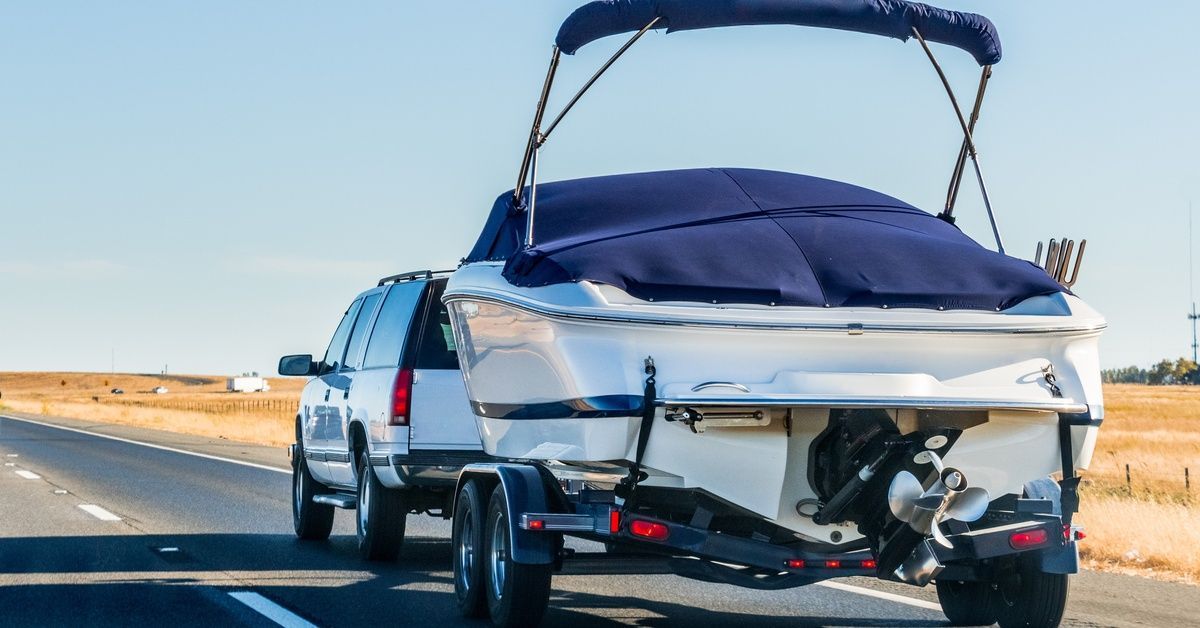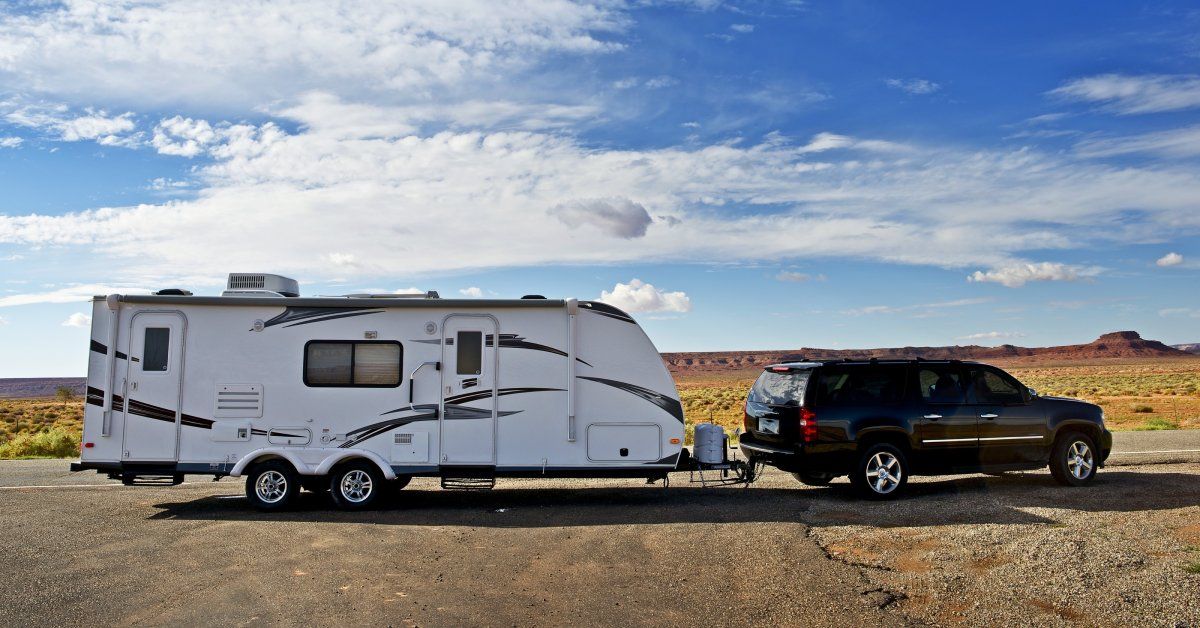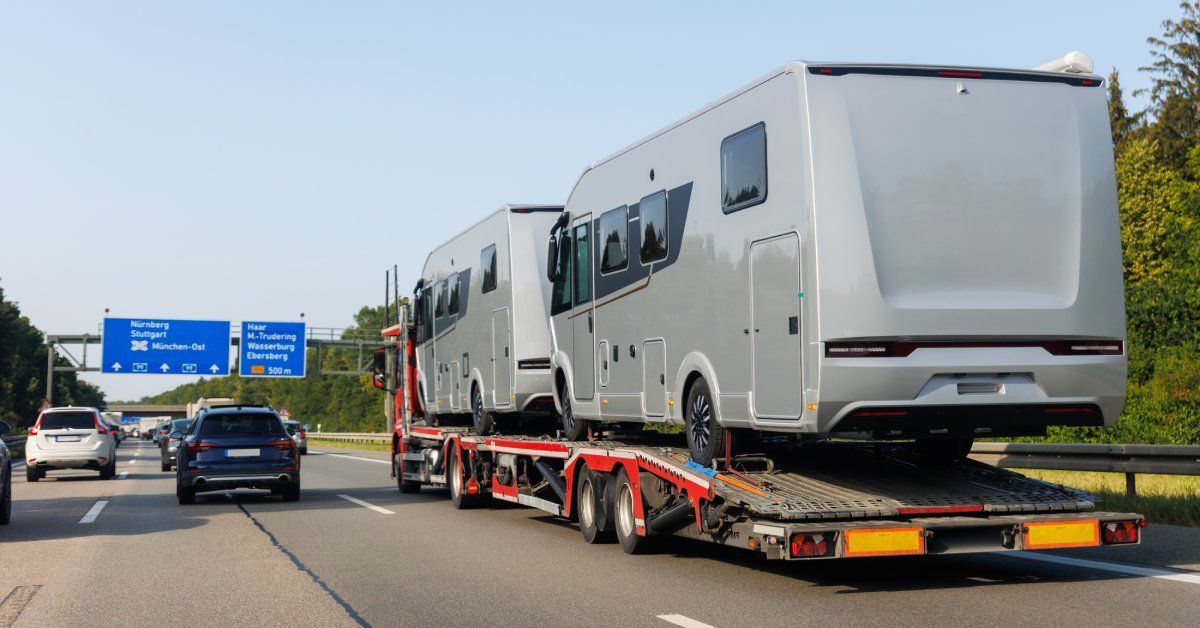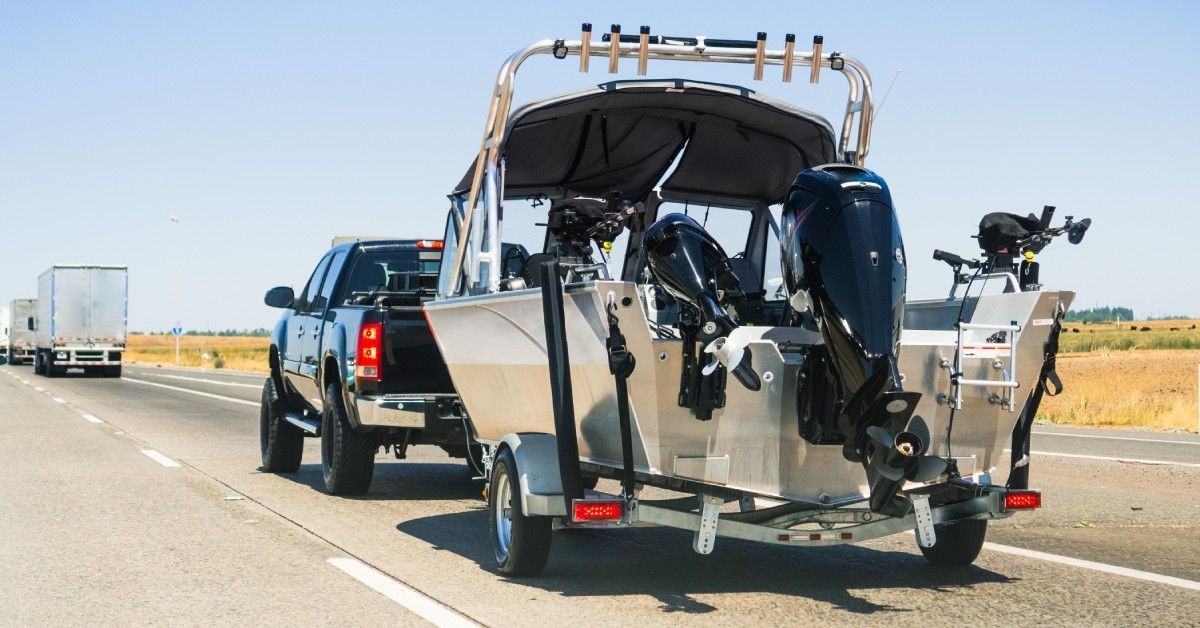A Look at Permits Needed for Transporting RVs
Moving an RV across state lines involves more than simply starting it up and hitting the road. The complex web of transportation regulations means that certain RVs require special permits before they can legally travel on public highways. Understanding these requirements can save you from expensive fines, legal complications, and unexpected delays during your RV transport journey.
The permitting process varies significantly depending on your RV’s dimensions, weight, and the states you’ll be traveling through. What might be perfectly legal in one state could result in hefty penalties in another. This comprehensive guide provides an in-depth look at permits needed for transporting RVs, helping you navigate the regulatory landscape with confidence.
Different Types of RV Transport Permits
RV transport permits fall into several categories, each addressing specific aspects of your vehicle that may exceed standard highway limits.
Oversize
The most common permit types relate to oversized dimensions, excessive weight, or both combined into comprehensive oversize/overweight permits. Oversize permits become necessary when your RV exceeds the standard width limit of 8.5 feet, length restrictions that vary by state, or height limitations typically set around 13.5 feet. Many modern RVs, particularly Class A motorhomes and large fifth wheels, routinely exceed these dimensional standards and require special authorization for legal transport.
Weight-Related
Weight-related permits address situations where your RV’s gross vehicle weight rating or actual loaded weight surpasses standard highway limits. These permits often require additional documentation proving your vehicle’s axle ratings and weight distribution capabilities.
Temporary
Some states issue temporary permits for one-time moves, while others offer annual permits for frequent travelers. Emergency permits may be available for urgent situations, though these typically come with expedited processing fees and stricter time limitations.
Special Routing
Special routing permits restrict your travel to approved highways and may require you to avoid certain bridges, tunnels, or urban areas. These routing restrictions protect both infrastructure and public safety while accommodating oversized vehicles.
State-By-State Permitting Requirements
Each state maintains its own permitting authority and specific requirements, creating a complex patchwork of regulations for interstate RV transport. Some states have reciprocal agreements that honor permits issued by neighboring jurisdictions, while others require separate documentation regardless of your starting point.
Northeastern states often coordinate their permitting requirements due to the region’s interconnected highway system. However, each state maintains final authority over permits, and approval in one jurisdiction doesn’t guarantee acceptance in neighboring states.
Western states generally offer more accommodation for oversized vehicles due to their wide-open highways and lower population density. However, mountain passes and seasonal weather restrictions can complicate routing and timing requirements.
California, Texas, and Florida have the following requirements:
- California: California maintains some of the strictest dimensional limits and requires permits for RVs exceeding 8.5 feet in width or 40 feet in length. The state’s mountainous terrain and dense urban areas result in extensive routing restrictions that can significantly impact travel times.
- Texas: Texas takes a different approach, with more generous dimensional allowances but stricter weight enforcement. The state’s vast highway system accommodates larger vehicles more easily, though certain metropolitan areas maintain their own additional restrictions.
- Florida: Florida’s permitting system focuses heavily on bridge clearances and coastal route limitations. Hurricane evacuation routes receive special protection, with seasonal restrictions that can affect permit availability during certain times of the year.

How To Obtain RV Transport Permits
The permit application process begins with accurately measuring and weighing your RV to determine which permits you’ll need. Professional weighing services at truck stops or certified scales provide the official documentation required for permit applications.
Most states now offer online permit applications to streamline the process. These digital platforms typically require detailed vehicle specifications, intended travel dates, and specific routing information. Application timing varies by state, with some jurisdictions processing permits within hours while others require several business days. Planning ahead prevents delays, particularly during peak travel seasons when permit offices experience higher application volumes.
Required documentation typically includes vehicle registration, insurance certificates, and detailed dimensional specifications. Some states require professional surveys or engineering certifications for exceptionally large or heavy RVs.
Permit fees range from modest amounts for standard oversize permits to substantial costs for complex overweight authorizations. Multistate journeys require separate permits for each jurisdiction, which can result in significant cumulative expenses.
Consequences of Transporting RVs Without Proper Permits
Operating without required permits exposes you to immediate legal consequences that extend beyond simple traffic violations. Law enforcement officers specifically trained in commercial vehicle regulations actively patrol highways and conduct roadside inspections.
Financial penalties for unpermitted transport typically start in the hundreds of dollars but can escalate quickly based on the severity of the violations. Repeat offenses or particularly egregious oversights can result in fines reaching thousands of dollars.
Vehicle impoundment is perhaps the most serious immediate consequence of permit violations. Authorities can require you to park your RV until you obtain proper permits, leaving you stranded potentially hundreds of miles from your destination.
Insurance complications arise when accidents occur during unpermitted transport. Many policies contain exclusions for vehicles operating outside legal parameters, potentially leaving you personally liable for damages.
Criminal charges may apply in cases involving willful permit violations or situations where unpermitted vehicles cause accidents or infrastructure damage. These charges can result in license suspensions and permanent driving record consequences.

Tips for a Smooth Permitting Process
Accurate measurements and weight specifications prevent delays and ensure you obtain the correct permits for your specific RV. Maintaining organized documentation streamlines the application process and provides quick access to the required information. Digital copies stored on mobile devices offer convenient access during travel or roadside inspections.
Building relationships with permit offices through professional communication and prompt responses to requests for additional information often results in faster processing times. Permit clerks appreciate applicants who provide complete and accurate information from the start.
Plan alternative routes to stay flexible when restrictions affect preferred highways or permit conditions require specific routing. GPS systems designed for RV travel often include permit-related routing features. Scheduling travel during off-peak times reduces the likelihood of encountering permit office closures or processing delays. Avoiding holiday periods and peak vacation seasons helps ensure permit availability.
Why Professional Transport Services Make Sense
The complexity of RV transport permitting makes professional transport services an attractive alternative for many RV owners. These companies possess extensive experience navigating the permits needed for transporting RVs across all states.
Professional transporters maintain established relationships with permit offices nationwide, often enabling faster processing times and more efficient routing approvals. Their expertise in dimensional regulations and weight restrictions ensure you have the appropriate permits for every transport situation.
Coast to Coast Transportation’s nationwide network and regulatory expertise make us an ideal choice for a stress-free RV hauling service. Our commitment to proper permitting and legal compliance ensures your valuable RV reaches its destination without the headaches associated with navigating complex permit requirements yourself. Get a quick quote today!










